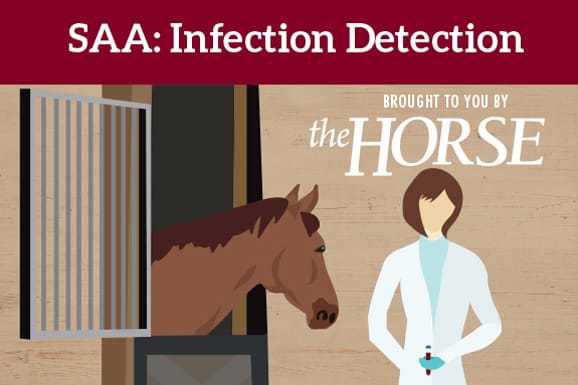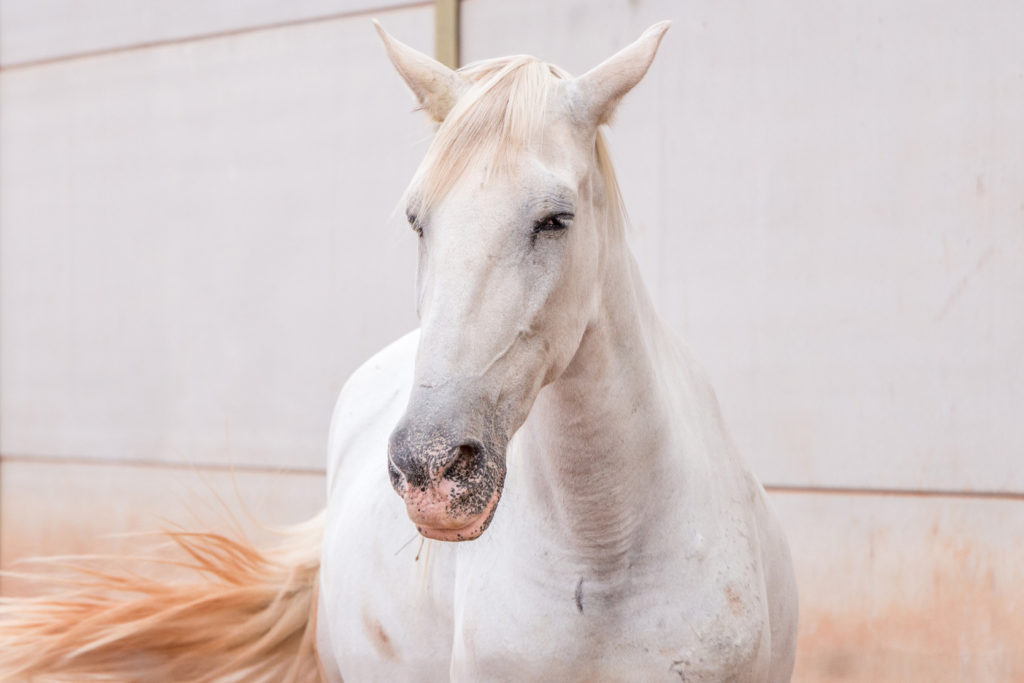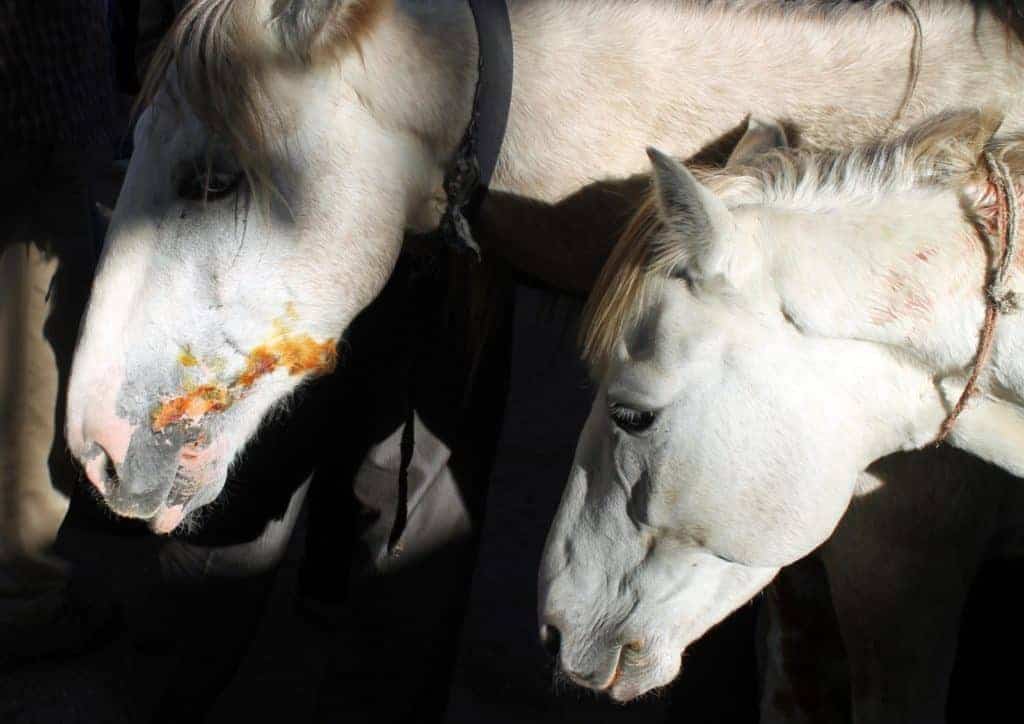
Exposed: Practical Lessons from a Real-Life Equine Infectious Disease Outbreak
An inside look at the 2018 EHV-1 outbreak that impacted hundreds of horses at a California show and how to control the disease.

An inside look at the 2018 EHV-1 outbreak that impacted hundreds of horses at a California show and how to control the disease.

Wildlife can spread rabies and equine protozoal myeloencephalitis (EPM) to horses, so secure your barn against unwanted visitors.

Learn more about equine asthma, acute respiratory infections, and shipping fever in horses.

Learn about serum amyloid A and how veterinarians can use it for early identification of inflammation in horses.

Routine health monitoring and broader testing helped veterinarians identify an outbreak quickly.

All 41 horses at the affected facility got infected with ECoV, with some shedding virus for up to 98 days.

The affected horse remains under quarantine at a California veterinary hospital.

The California Department of Food and Agriculture states no additional cases were reported among exposed horses.

The horse is recovering.

Use these disease prevention strategies to protect your horse on the farm, at the horse show, and in the breeding shed.

Equine coronavirus’ main signs are subtle and nonspecific—anorexia, lethargy, and fever. And while it doesn’t consistently cause gastrointestinal signs such as colic or diarrhea, researchers have learned that affected horses’ feces are the most reliable sample to test.

Humans rely on the majority of horses, donkeys, and mules in Sub-Saharan Africa for working purposes. If illness, such as ELZ, stops the animals from carrying loads or pulling carts for agriculture or transport purposes, the dependent family’s income can suffer significantly.

The bacterium Salmonella enterica can spread quickly between horses on a farm or in a hospital setting, causing significant financial and even equine losses. Here’s how one veterinarian recommends managing positive cases.

Steve Reed, DVM, Dipl. ACVIM, of Rood & Riddle Veterinary Hospital, in Lexington, Kentucky, offers his insight about equine herpesvirus-1, including diagnosis, treatment, and prevention.

How can you keep your horse healthy when going to horse shows, trail rides, or events? And what about bringing new horses into a boarding stable? Learn about practical biosecurity measures to protect your horses.

Critical conditions such as colic, injuries, and dehydration can strike when you’re at a competition with your horse. Here’s how to handle them.
Stay on top of the most recent Horse Health news with
"*" indicates required fields